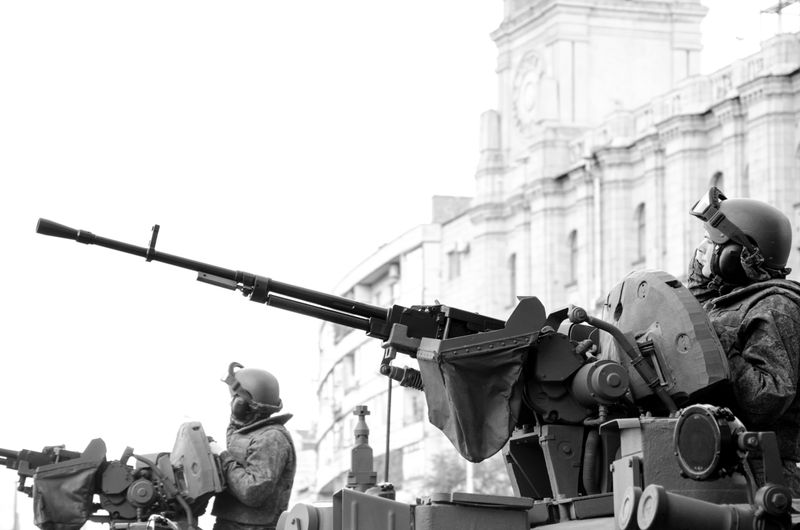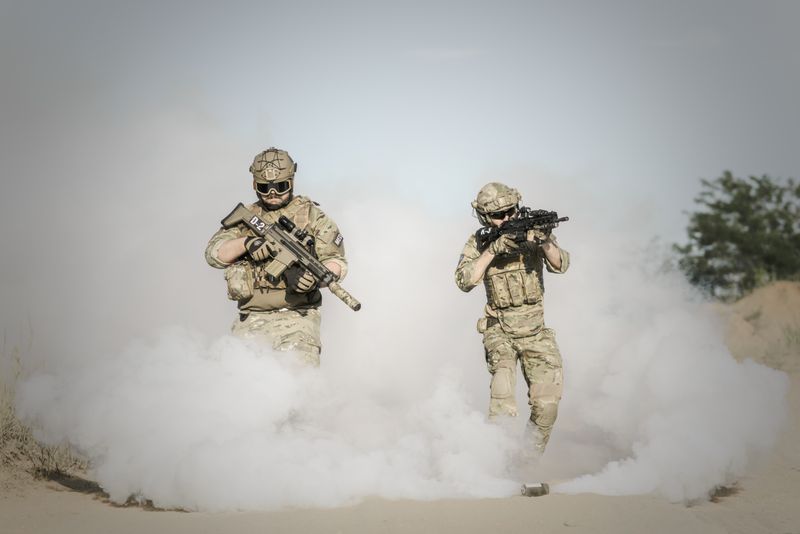Kim Jong Un’s Sister Warns of Consequences After North Korean Warplanes Repel U.S. Spy Plane
Tensions Escalate on the Korean Peninsula
The powerful sister of North Korean leader Kim Jong Un, Kim Yo Jong, issued a warning on Monday, alleging that the country’s warplanes repelled a U.S. spy plane that flew over its exclusive economic zone. Kim Yo Jong, one of her brother’s top foreign policy officials, stated that there would be “shocking” consequences if the U.S. continues reconnaissance activities in the area. These comments come in the midst of escalating tensions between North Korea and the United States, as well as South Korea.
Accusations and Denials
North Korea’s Defense Ministry previously accused the U.S. of flying spy planes into its “inviolable airspace” and warned that approaching aircraft might be shot down. However, South Korea’s Joint Chiefs of Staff denied these claims, stating that the U.S. was conducting standard reconnaissance activities in coordination with South Korea’s military.
In response to the denial, Kim Yo Jong accused the Joint Chiefs of Staff of acting as a “spokesperson” for the U.S. military and condemned the U.S. for intensifying its reconnaissance activities, which she viewed as a serious infringement of North Korea’s sovereignty and safety. While the North Korean Defense Ministry’s statement seemed to imply an intrusion into the country’s territorial airspace, Kim accused the U.S. of spying in the North’s exclusive economic zone.
Kim Yo Jong asserted that a U.S. spy plane crossed the eastern sea boundary between the Koreas on two occasions and conducted reconnaissance activities over North Korea’s exclusive economic zone. She claimed that North Korean warplanes chased away the spy plane after the first crossing, and issued an unspecified “strong warning” toward the United States after the second crossing.
Escalating Threats and Military Actions
Kim Yo Jong further warned that if the U.S. continues to fly reconnaissance planes over North Korea’s exclusive economic zone, a “shocking incident” would occur in the long run. She clarified that North Korea would not take direct counteraction for U.S. reconnaissance activities outside of the zone.
This warning from Kim Jong Un’s sister follows North Korea’s condemnation of the U.S.‘s plans to deploy a nuclear missile submarine near the Korean Peninsula. North Korea’s official Korean Central News Agency also criticized the planned deployment, referring to it as “the most undisguised nuclear blackmail” against North Korea and a grave threat to regional and global security.
In recent months, North Korea has heightened its military activities, conducting missile tests and claiming to have flight-tested a solid-fuel intercontinental ballistic missile for the first time. These actions have raised concerns among its neighbors and the United States. In response, South Korea’s President Yoon Suk Yeol has increased defense cooperation with Washington and is seeking stronger cooperation with NATO members over North Korea’s growing nuclear and missile threats.
Analysis and Outlook
The recent exchange of accusations and threats between North Korea and the United States highlights the deepening tensions on the Korean Peninsula. The actions and statements from North Korea, particularly those made by Kim Yo Jong, suggest a readiness to confront the United States and protect its perceived sovereignty.
From a philosophical standpoint, this situation raises questions about the nature of power and the role of diplomacy. The use of military force and threats of violence are often responded to with countermeasures, further escalating tensions. This becomes a vicious cycle where trust and dialogue become increasingly difficult to establish.
As tensions continue to mount, it is crucial for all parties involved to exercise restraint and prioritize communication and dialogue. Diplomatic channels should be utilized to de-escalate the situation and address underlying concerns. The international community, particularly countries with influence over North Korea and the United States, should actively engage in mediation efforts to prevent further escalation and potential conflict.
Editorial and Advice
The recent exchange between North Korea and the United States is a concerning development that has the potential to destabilize the region and threaten global security. It is imperative that all parties involved approach this situation with caution and prioritize diplomatic solutions over military actions.
North Korea’s accusations against the U.S. should be carefully examined and verified, while maintaining an open line of communication to establish the facts. Similarly, the U.S. and its allies must respond with transparency to address North Korea’s concerns. Engaging in dialogue and understanding each other’s perspectives is crucial to prevent further misunderstandings and miscalculations.
The international community, particularly neighboring countries and major powers, should play an active role in promoting dialogue and de-escalation. Mediation efforts should be intensified to create a conducive environment for productive discussions between North Korea and the U.S.
Canada, as a member of the international community and an advocate for peace and diplomacy, should lend its voice to support diplomatic resolutions and advocate for dialogue between the parties involved. Canada’s longstanding commitment to multilateralism and peaceful conflict resolution gives it a unique perspective to help defuse the tensions on the Korean Peninsula.
It is in the best interest of all parties to find peaceful solutions to the current standoff and avoid the potentially catastrophic consequences of a military conflict. This requires a collective effort from all stakeholders to prioritize diplomacy, maintain open lines of communication, and seek common ground.

<< photo by asim alnamat >>
The image is for illustrative purposes only and does not depict the actual situation.
You might want to read !
- Sen. Chuck Schumer Urges FDA to Investigate PRIME Energy Drinks: Ensuring Consumer Safety and Regulation in the Beverage Industry
- “Batter Up! Breaking Down the 2023 MLB All-Star Game: A Pitching Showdown between Yankees’ Gerrit Cole and Diamondbacks’ Zac…”
- Vladimir Guerrero Jr.: The Dominant Force in the 2023 Home Run Derby
- Rising Tensions: North Koreans Rally Against the U.S. on Korean War Anniversary
- North Korea Defies International Pressure with Ballistic Missile Test
- US Senator Calls for Investigation into KSI and Logan Paul’s Controversial Activities
- Amazon Prime Day Alert: Beware of Scam Texts and Fraudulent Deliveries
- Trudeau’s Bold Move: Canada Ramps up Military Presence in …
- BBC Suspends Star and Calls in Police: Investigating Allegations of Misconduct
- Canada’s Chilled Relations with China: Unspoken Cold War Realities




